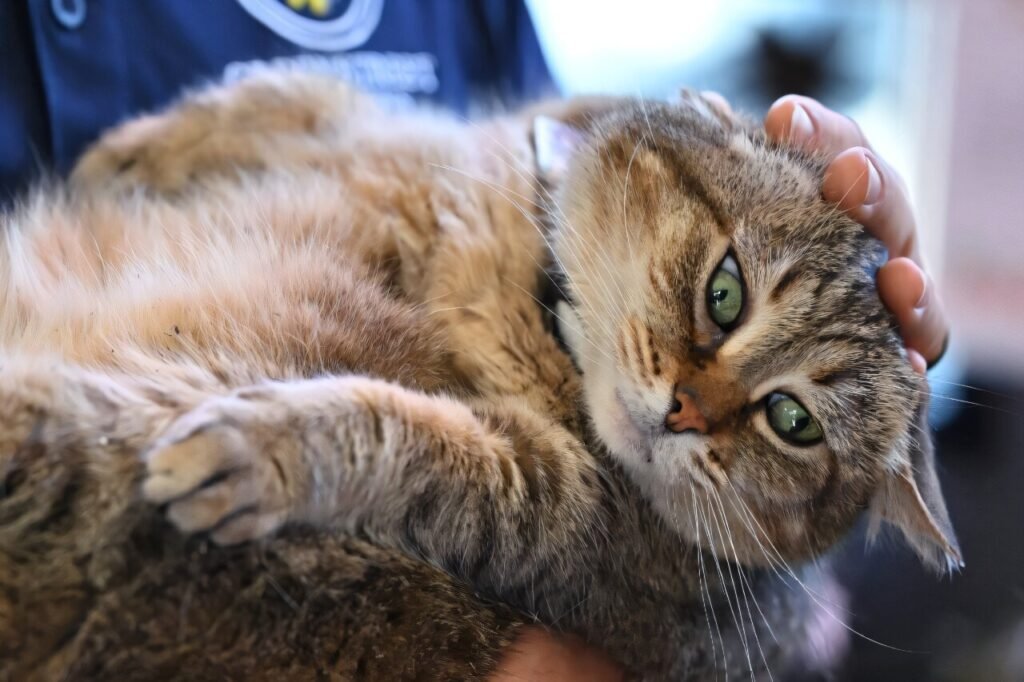The recent spread of bird flu in the United States has raised concerns among experts, not only because of the severe cases in humans but also due to alarming new cases of infections in cats. A sample of the virus taken from a critically ill patient in the US has shown signs of mutating to better adapt to human airways. While there is no evidence of the mutated virus spreading to others, health authorities are closely monitoring the situation.
The Centers for Disease Control and Prevention (CDC) recently reported a case of an elderly patient in Louisiana in critical condition with a severe H5N1 infection. Genetic analysis revealed that a small percentage of the virus in the patient’s throat had genetic changes that could enhance its ability to bind to human upper respiratory tract cells. However, these mutations have not been detected in birds, including the backyard poultry flock believed to be the source of the initial infection.
Experts caution that it is still too early to determine the implications of these mutations on transmissibility or severity in humans. Virologists emphasize that additional testing, such as animal studies, would be needed to confirm any effects on the virus’s ability to spread. Similar mutations have occurred in past cases without leading to widespread outbreaks, so the current situation does not automatically signal a pandemic.
Concerns are also growing about the high number of bird flu cases circulating in the US. The CDC has confirmed 65 human cases in 2024, with a potential for more cases among dairy and poultry workers. This widespread circulation increases the risk of the virus mixing with seasonal flu strains, potentially leading to rapid evolutionary changes similar to past pandemics.
In addition to human cases, researchers are closely monitoring the increasing number of bird flu infections in cats. A cat in Oregon recently died after consuming contaminated pet food, leading to a recall of the product. In Washington State, twenty big cats at a sanctuary also succumbed to the virus. Health experts warn that infected outdoor cats could pose a risk of transmission to humans through close contact.
As the situation continues to evolve, it is crucial to stay informed about the latest developments and follow recommended precautions to prevent the spread of bird flu. By remaining vigilant and taking necessary steps to protect both humans and animals, we can work together to mitigate the impact of this concerning public health issue.
© 2024 AFP
Citation:
New bird flu mutation discovered in US as cat infections cause alarm (2024, December 27)
Retrieved 27 December 2024 from https://medicalxpress.com/news/2024-12-bird-flu-mutation-cat-infections.html
This document is subject to copyright. Apart from any fair dealing for the purpose of private study or research, no part may be reproduced without written permission. The content is provided for information purposes only.


